Figure 21. Cross-Country Measures of Recent Feelings and GDP: World Values Survey
Proud because someone
Pleased about having complimented you on
accomplished something something you had done
Particularly excited or On top of the world I
interested in something feeling that life is wonderful
That things were
going your way

Ы)
e
ħD
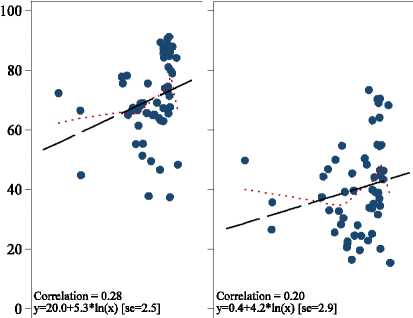
ʒ 1 2 ' 8 1 32 .5 2 8 32
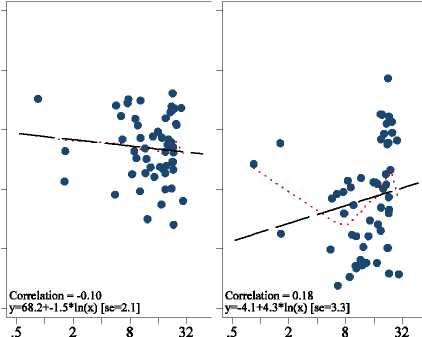
So restless you couldn't
long in a chair
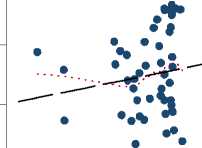
Correlation - 0.12
y=23,5+2.8*ln(x) [se=3.1]
Upset because somebody
O
Й
Q
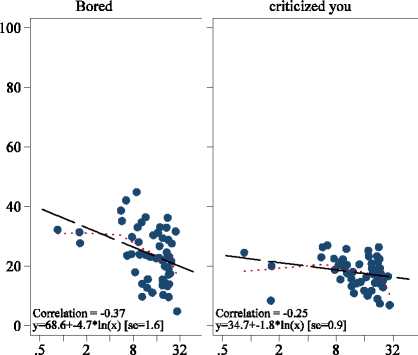

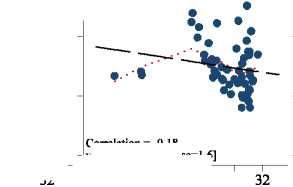
.5
2
8
Correlation = -0.18
- y=49.7+-2.1*ln(x) [se=1.6]
.5 2 8 32
Very lonely or
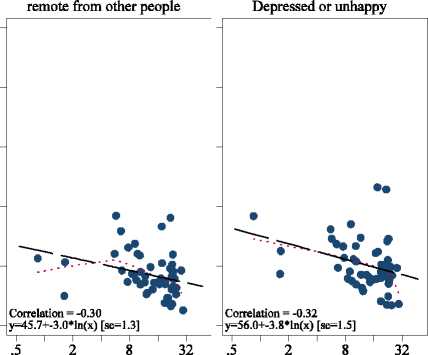


Real GDP per capita, (thousands of dollars, log scale)
Source: World Values Survey, 1981-84 and 1989-93 waves. Sources for GDP per capita are described in the text.
Notes: Questions are those typically grouped as the Bradburn Affect Balance Scale. Respondents were asked, “We are interested in the way people are feeling these days. During the
past few weeks, did you ever feel...?” Top and bottom rows show responses to questions relating to positive and negative affect, respectively. Each observation represents one of fifty-
four nationally representative country-wave samples drawn from forty developed and developing countries. Dashed lines are fitted from OLS regressions of the percent agreeing with
the statement on log real GDP per capita; dotted lines are fitted from lowess estimations. GDP per capita is at purchasing power parity in constant 2000 international dollars.
Figures—21
More intriguing information
1. Bird’s Eye View to Indonesian Mass Conflict Revisiting the Fact of Self-Organized Criticality2. The name is absent
3. Road pricing and (re)location decisions households
4. CGE modelling of the resources boom in Indonesia and Australia using TERM
5. Agricultural Policy as a Social Engineering Tool
6. How to do things without words: Infants, utterance-activity and distributed cognition.
7. INSTITUTIONS AND PRICE TRANSMISSION IN THE VIETNAMESE HOG MARKET
8. Behavioural Characteristics and Financial Distress
9. Developmental Robots - A New Paradigm
10. sycnoιogιcaι spaces